Vitamin B5 for Acne: Is it Effective?
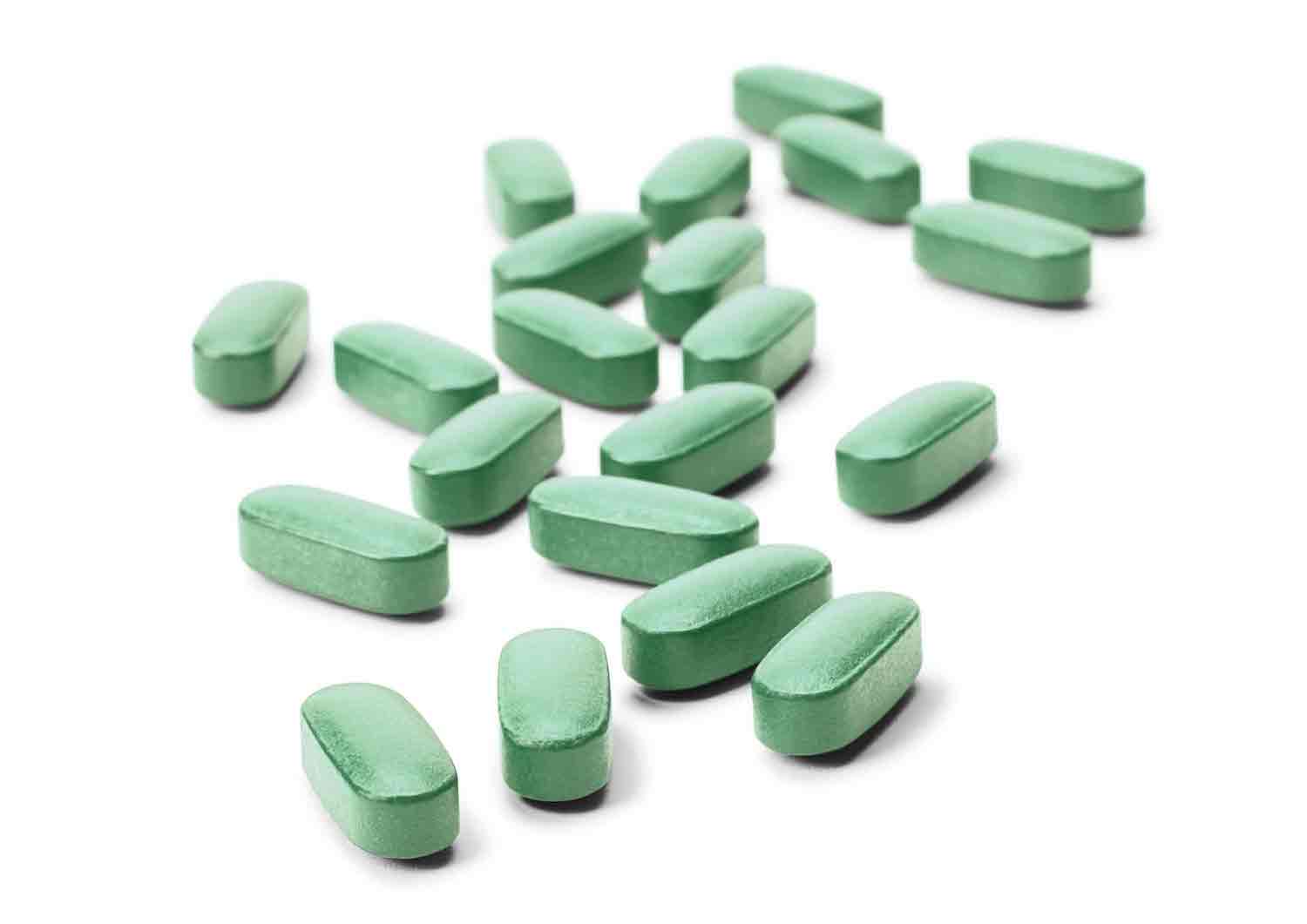
Have you heard that vitamin B5 is the answer to all of your acne woes? This vitamin is one of the recent “miracle cures” touted for those struggling with acne, but it turns out these claims are missing some sorely-needed research.
If you’re wondering whether adding a B5 supplement to your diet is a good idea, it’s important to understand how vitamins initially made their way into the skin care sphere. Many wonder if Vitamin A is effective for acne, while others have heard Vitamin D is essential for proper skin health, which leads them to ask: can the sun treat acne? Learn how the right vitamins can be combined with the power of bioClarity's effective ingredients to create clear skin.
Origins of the Theory
How did B5 initially get pegged as being a strong acne fighter? Back in 1997, a researcher named Dr. Lit-Hung Leung published a paper in The Journal of Orthomolecular Medicine. He theorized that a deficiency in CoA, a derivative of B5, was the culprit behind acne. According to Leung, CoA deficiencies are common. Why? CoA is essential for many of the body’s vital processes; he reasoned that there simply isn’t enough CoA to go around.
So how does this relate to acne? Leung theorized that the body prioritizes the use of CoA, giving more of its resources to sex hormone production. This means the supply of CoA is depleted, leaving less of this important component for processes like fat metabolism; essentially, with a vitamin B5 deficiency, your body is less capable of digesting fat. So what’s the body to do with all of this excess? It’s stored, and according to Leung, some of it is pushed out through the skin in the form of sebum.
What is sebum? Sebum is the sticky, oily substance produced by our sebaceous glands. While sebum is important for keeping our skin soft and supple, too much can cause a blockage in the pores. When this oily substance comes in contact with dead skin cells and bacteria, a pimple will form.
There are a few problems with his theory. For starters, he had no solid research to back up his claims. His studies weren’t published, and the paper worked on the basis of hypothesis.
However, his theory gained some traction, and many jumped on the bandwagon. To this day, many will tell you acne is caused by a vitamin B5 deficiency, and there are countless companies that market their B5 supplements as an acne cure.
With so much hype behind this “cure”, it’s surprising that almost no research proving its claims have been published. One study showed positive results, but it was far too small to provide any significant findings. Performed by the Neutraceuticals Medical Research company, the study used ten subjects to study the effect of B5 supplements on acne symptoms. Out of these ten, 50 percent saw a reduction in acne after eight weeks; however, this study had no control group.
One more issue to consider with this study: it was sponsored by a company that sells vitamin supplements, which many interpret to be a conflict of interest, at least when it comes to the study’s results.
Issues with the Theory
It’s no wonder many people rejoiced at the idea that a simple vitamin deficiency was the root of their skin problems; it would present a simple fix for a problem that plagues millions. However, the issue lies in that number—millions of people struggle with acne every year, making it one of the most common skin conditions. If acne were caused by a deficiency, it would mean millions of Americans weren’t getting a sufficient amount of vitamin B5 in their diet.
Why is this suspect? It turns out deficiencies are very rare, especially when it comes to this essential vitamin. Vitamin B5 can be found in almost every food. Bread, fruit, vegetables, eggs, and even steak contain healthy amounts of this vitamin. Doctors report low numbers regarding vitamin B5 deficiencies—if acne is caused by these deficiencies, why is acne such a widespread problem?
Positive Findings
There are some studies that peg vitamin B5 as a factor in healthy skin, if only through indirect means, but this research isn’t enough to prove that supplements are essential for acne patients.
Insulin Resistance
One study found that B5 supplements were helpful in making insulin more effective. Insulin levels play a large role in the prevalence of acne. When the body can use insulin more effectively, it produces less. A decrease in insulin production can result in decreased oil production. The less oil in your pores, the less likely you are to break out. This can play a role in acne skin types, which is essential for treatment solutions.
B5 Promotes Healing
This supplement has long been touted as an effective wound healer. What kind of acne do you have? If you have inflammatory acne, B5 might be helpful. Those with severe acne may have open sores and inflamed lesions. Vitamin B5 may decrease the inflammation associated with these blemishes and shorten the amount of time acne takes to heal and clear up. If true, this could help immensely in terms of acne scar treatment and prevention.
While these effects are small, they may show positive findings for the role of B5 in various types of acne treatments. However, these results are indicative that the supplement is not strong enough on its own to properly treat Acne Vulgaris, which means Vitamin B5 for acne is only a small piece of the puzzle when it comes to skin treatment plans.
There was another study that showed positive results. Researchers examined 48 subjects, of which 41 were able to be evaluated. Each subject was given 2.2 grams of B5—over 200 times the recommended daily allowance. After 12 weeks, researchers examined the subjects’ acne symptoms and observed that acne amongst the patients had been significantly reduced.
So, Is Vitamin B5 a Cure for Acne?
There’s simply not enough research to claim whether or not vitamin b5 benefits acne, especially not in patients with severe forms of this skin condition. While this supplement isn’t harmful in general, many dermatologists and health care professionals believe it’s an unnecessary addition to a skin care regimen—essentially, a waste of money and time for unlikely results.
Instead of using treatment options that haven’t been proven effective, stick to regimens that work and follow these steps to clear skin. Be diligent with your skin care routine; wash twice daily with BioClarity to help combat your acne while retaining a smooth, vibrant complexion.
Clearer skin in as little as two weeks.
3-step ritual with nutrient rich botanicals and the power of Floralux® to treat, soothe, and calm skin.
Learn More

Abby Vinas
Abby Vinas has long been an active member of the holistic health community, advocating in favor of its benefits to both our physical and emotional well-being. Her commitment to leading a healthy lifestyle has made her an authority on self-care practices. Abby is passionate about fitness, nutrition, and proper skincare, and is also an avid lover of avocado toast and dog-petting.
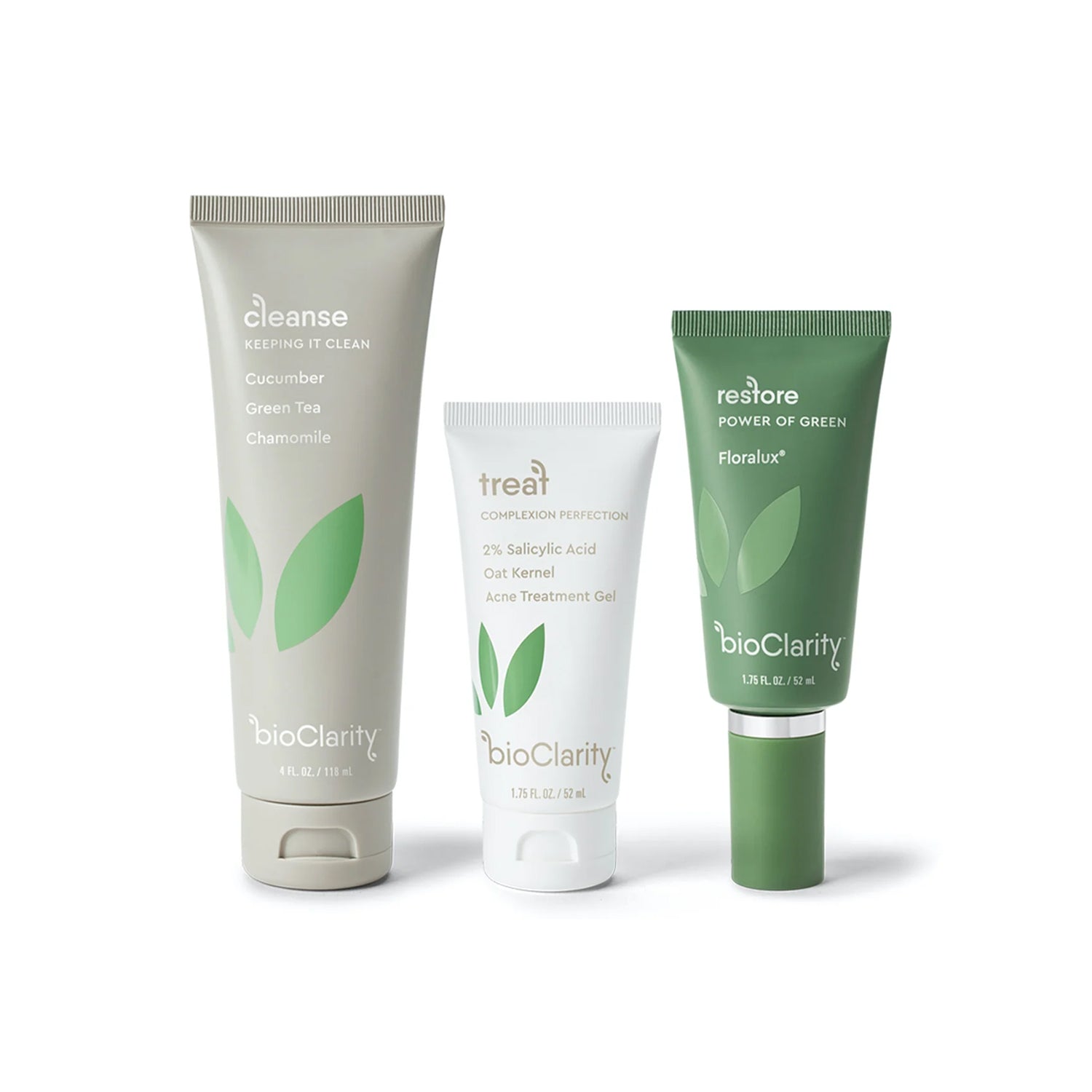
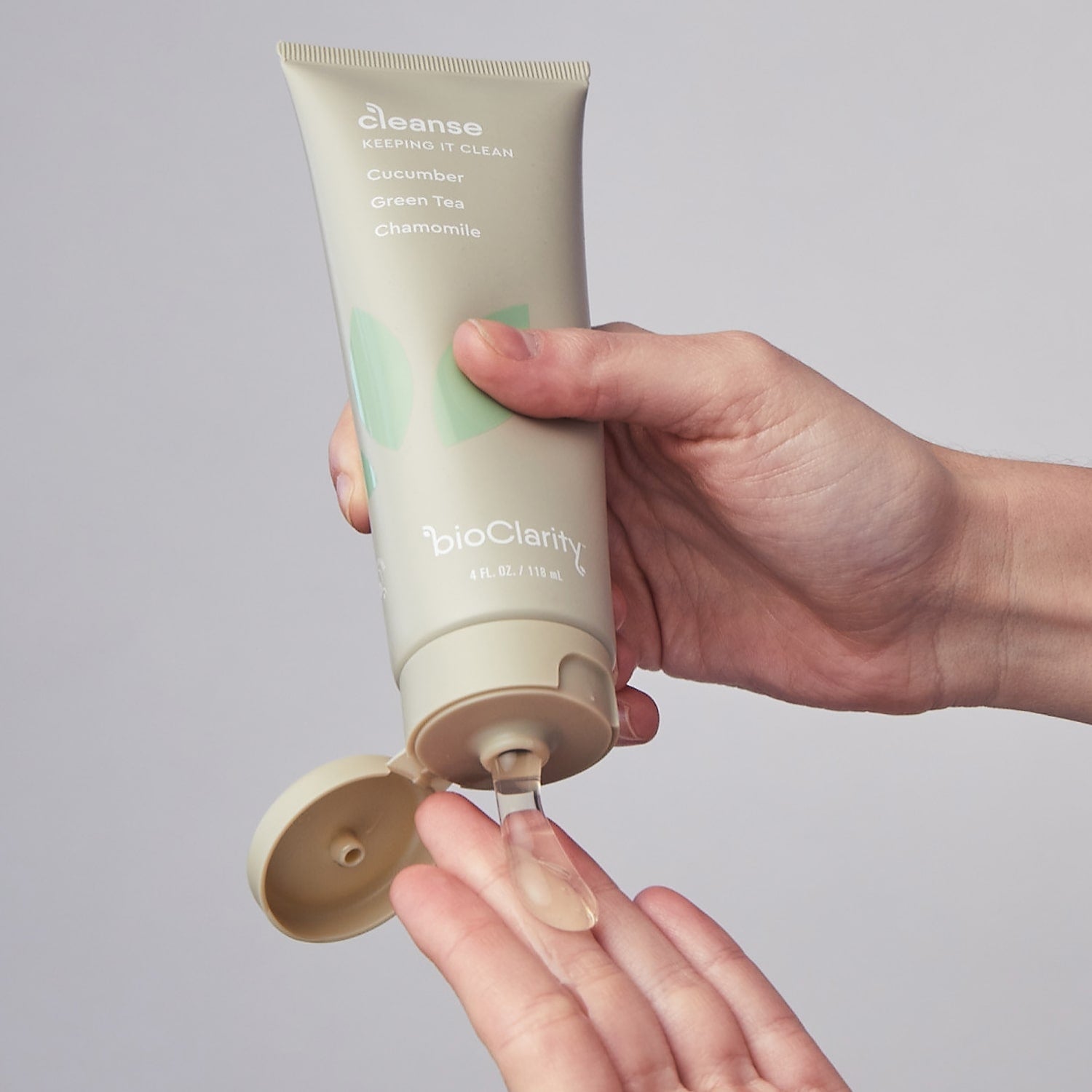
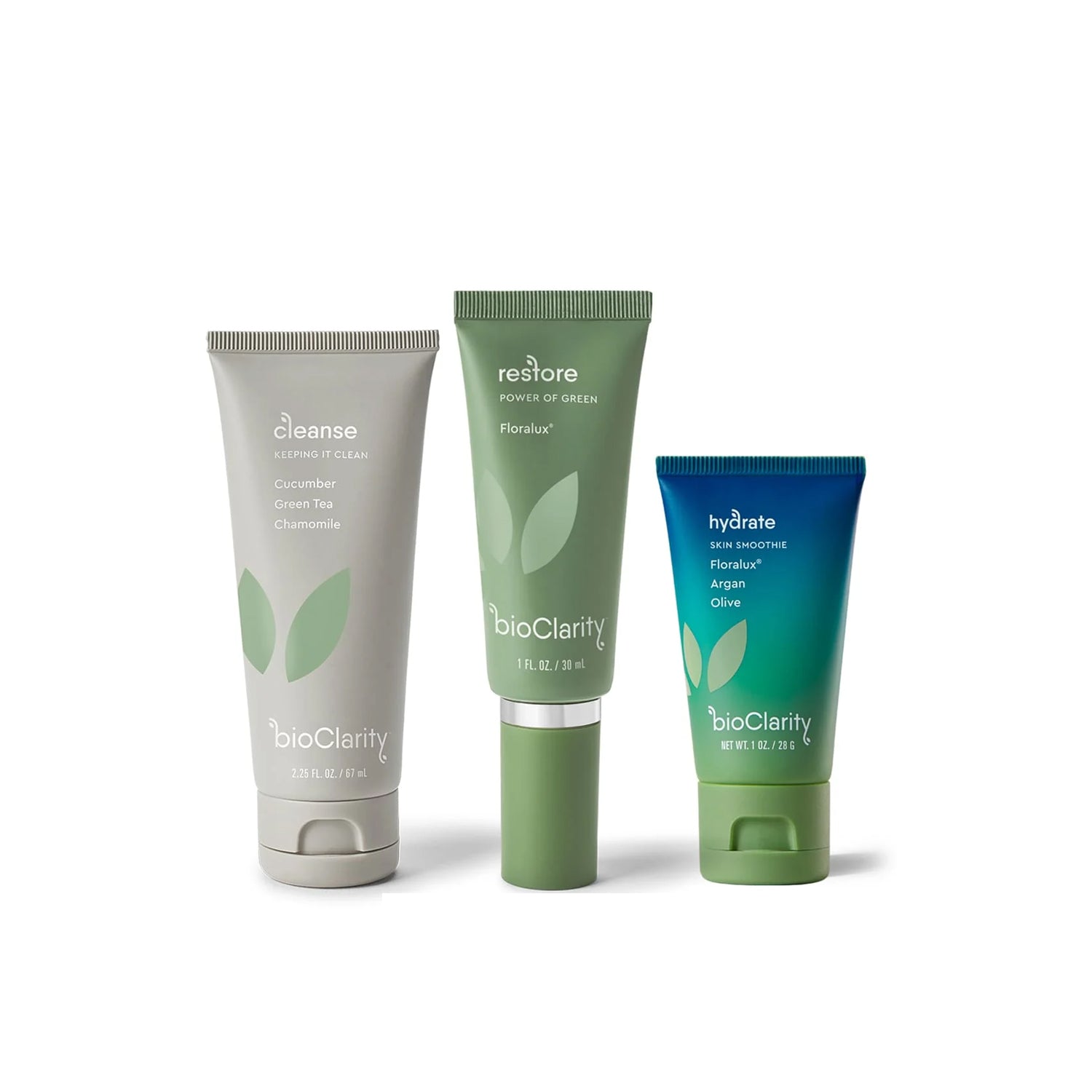
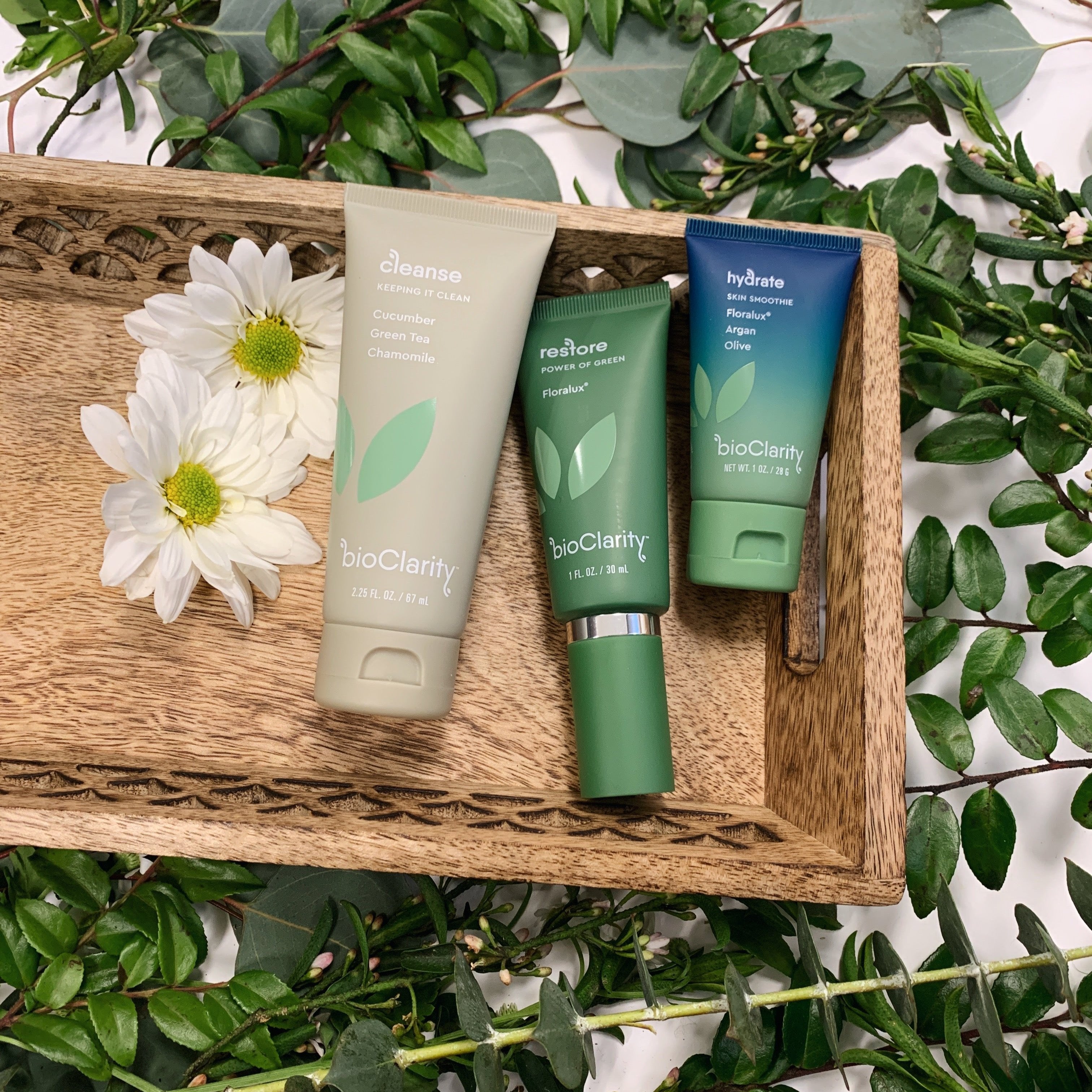
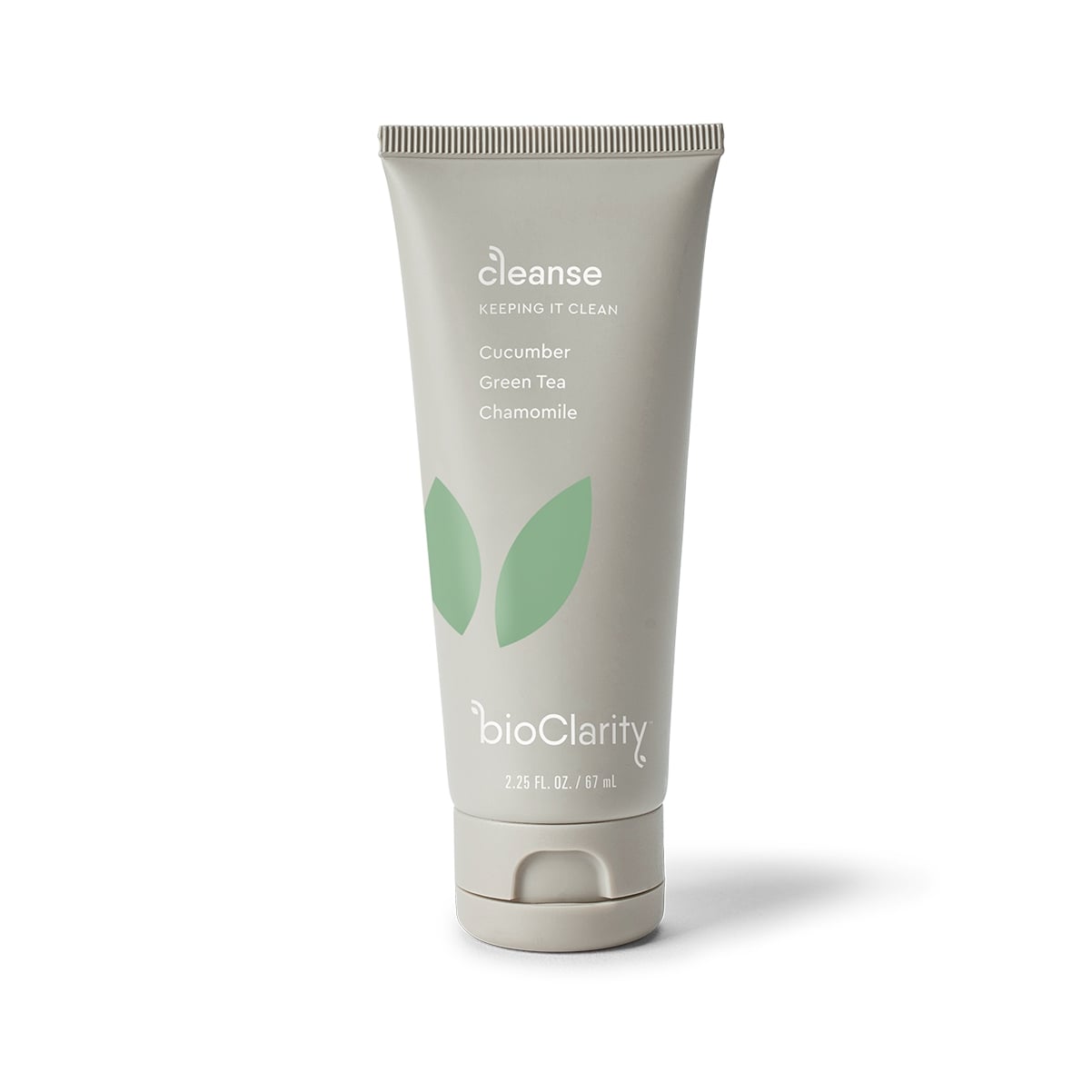
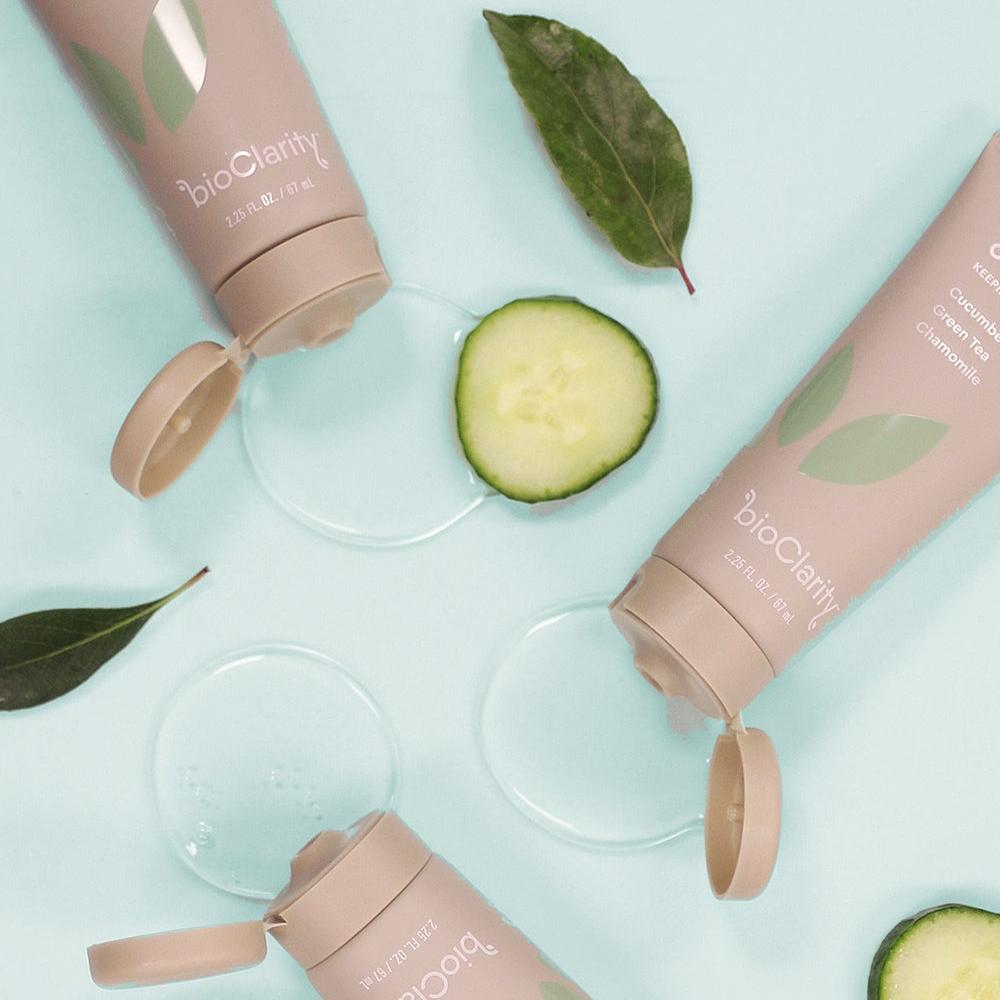


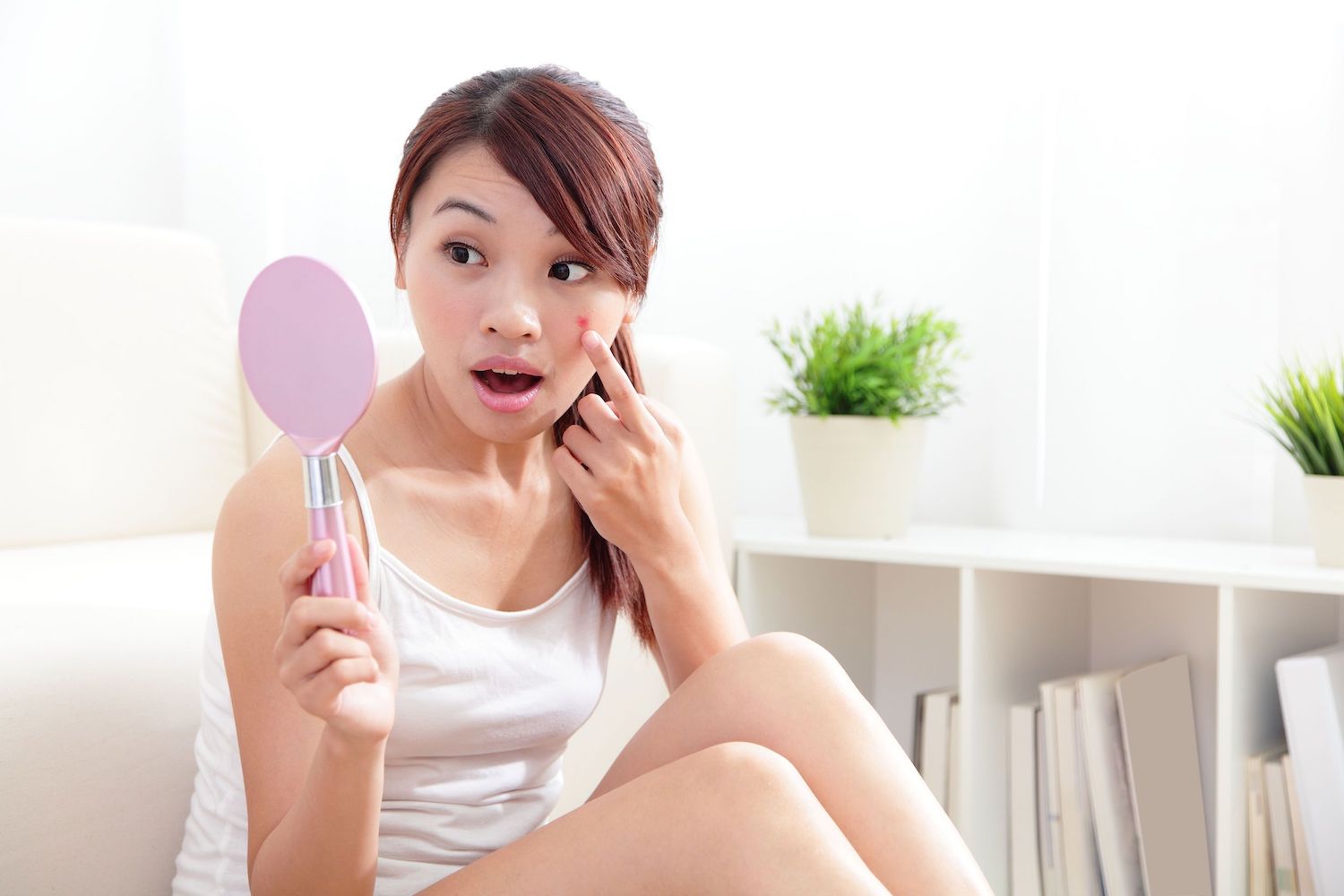
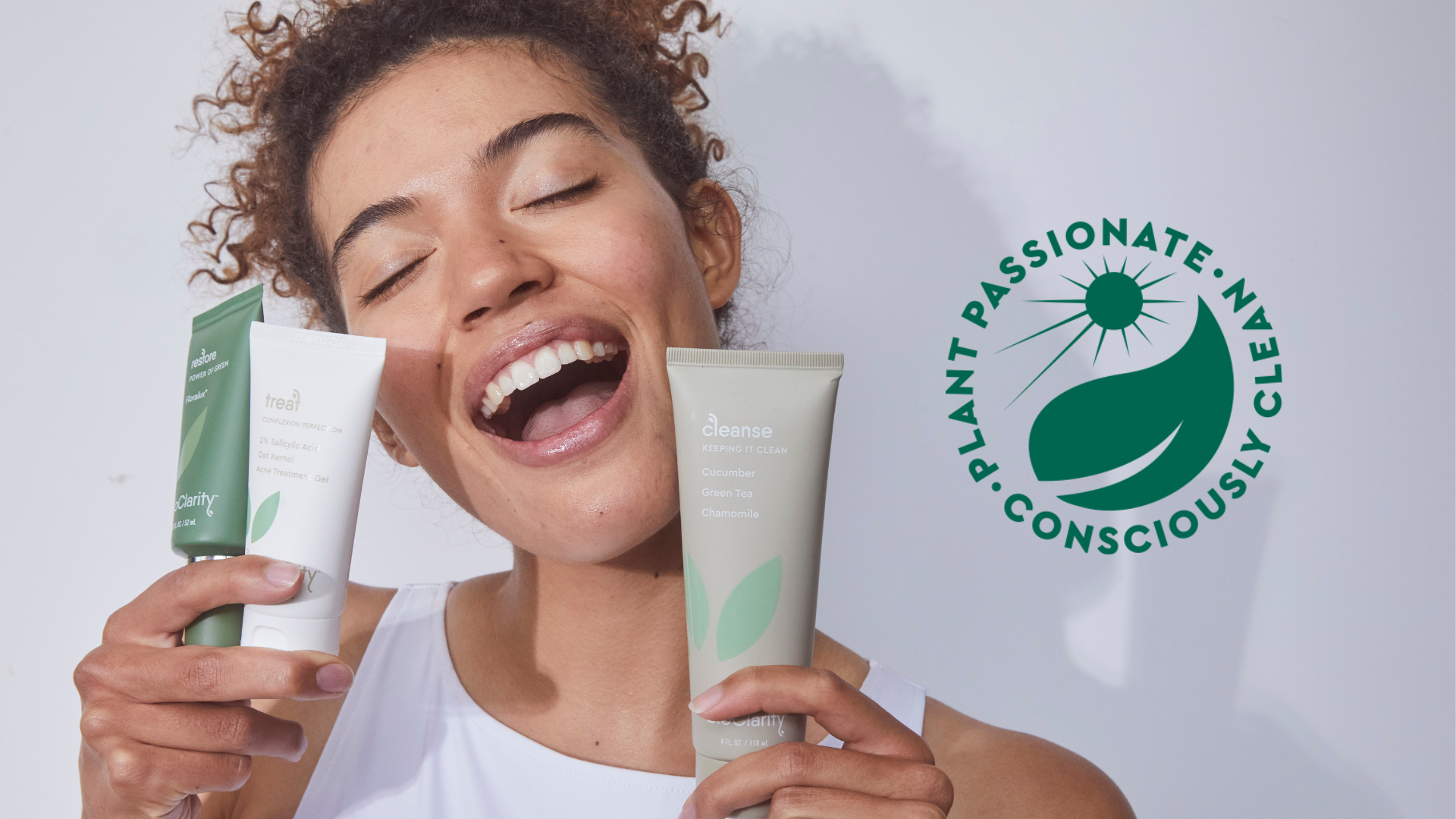

Comments